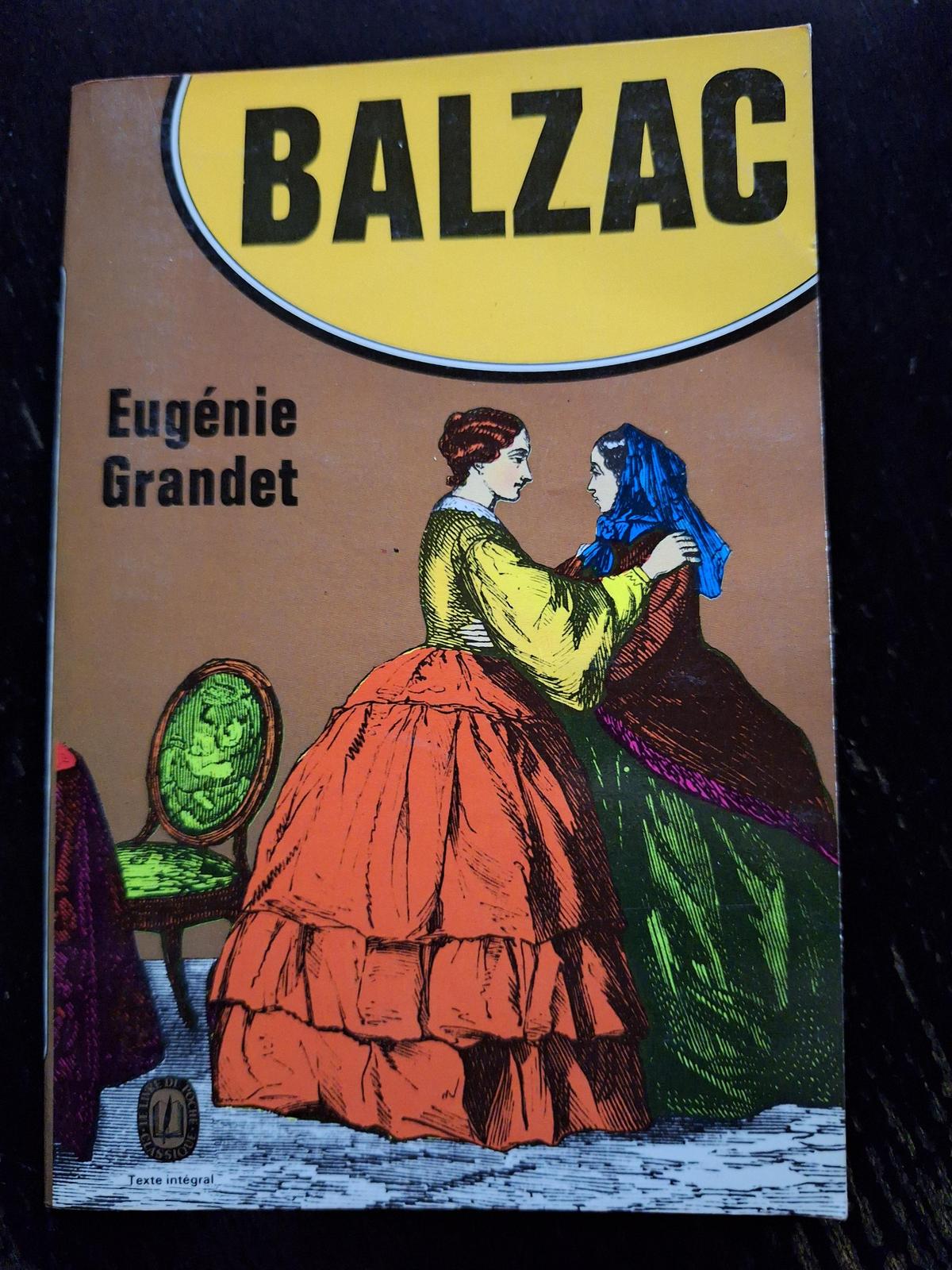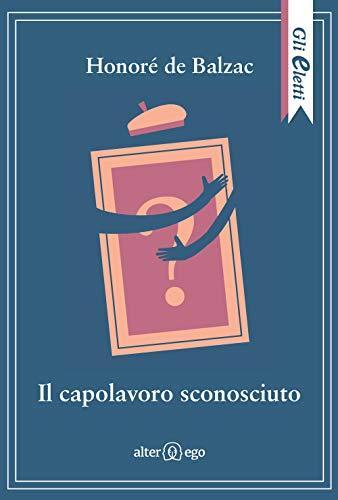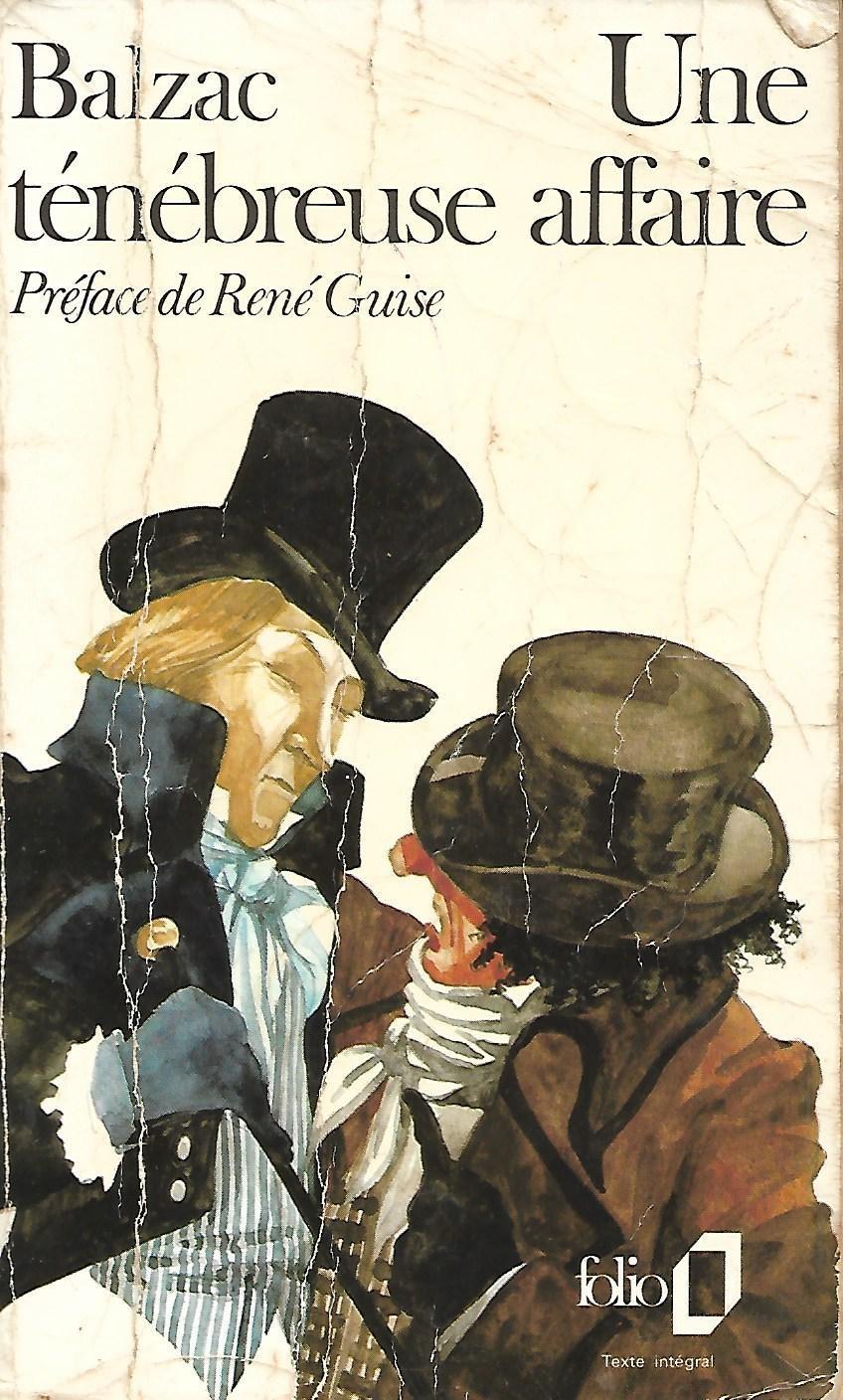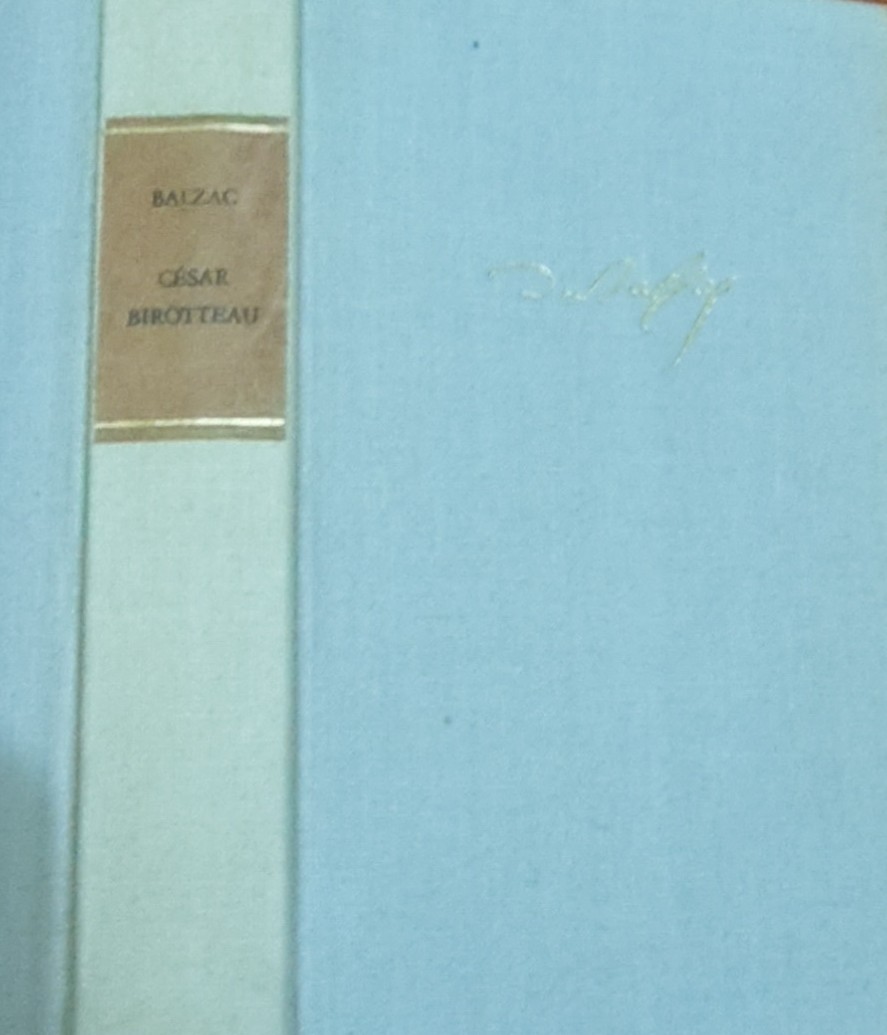Honoré de Balzac ( BAL-zak, more commonly US: BAWL-, French: [ɔnɔʁe d(ə) balzak]; born Honoré Balzac; 20 May 1799 – 18 August 1850) was a French novelist and playwright. The novel sequence La Comédie humaine, which presents a panorama of post-Napoleonic French life, is generally viewed as his magnum opus. Owing to his keen observation of detail and unfiltered representation of society, Balzac is regarded as one of the founders of realism in European literature. He is renowned for his multi-faceted characters; even his lesser characters are complex, morally ambiguous and fully human. Inanimate objects are imbued with character as well; the city of Paris, a backdrop for much of his writing, takes on many human qualities. His writing influenced many famous writers, including the novelists Émile Zola, Charles Dickens, Gustave Flaubert, and Henry James, filmmaker François Truffaut, and philosophers such as Friedrich Engels and Karl Marx. Many of Balzac's works have been made into films and continue to inspire other writers. An enthusiastic reader and independent thinker as a child, Balzac had trouble adapting to the teaching style of his grammar school. His willful nature caused trouble throughout his life and frustrated his ambitions to succeed in the world …
Honoré de Balzac
Dettagli autore
- Alias:
-
Balzac, 巴爾札克, Pa-erh-cha-kò, e 146 altri
Honoré Balzac, バルザック, אנארע דע בלזק, Baruzakku, Onore de Balzac, Onoreh deh Balzaḳ, Horace de Saint Aubin, অনরে দ্য বালজাক, ონორე დე ბალზაკი, Lord O'Rhoone, Honoreé de Balzac, أونوريه دو بلزاك،, Оноре де Балзак, Heinrich von Balzac, 巴爾扎克, Pa-erh-cha-kʻo, هونوره دو بالزاک, הונורה דה-בלזאק, Horace de Saint- Aubin, un Jeune célibataire, Honorato Balzac, Balzaḳ, Honoré de Balzac, Honoré von Balzac, Balzak, H. Balzak, ה. דה בלזק, Honoré de Balsac, Honoriusz Balzak, O. Bal'zak, H. De Balzac, بالزاک, Onore Balzéak, Бальзак, A. de Villergleé, Honore de Balzac, A. de Villerglé, ഹോണോറെ ഡി ബൽസാക്, Օնորե դը Բալզակ, Une *tête à l'envers, Jeune célibataire, Onore Do Barusakku, オノレ・ド・バルザック, بلزاك، هونورى،, Honorato De Balzac, Onore de Balʹzak, Onôre de Balzaq, Оноре Де Бальзак, Onore nte Mpalzák, هونورى بلزاك،, האָנאָרע דע־באלזאק, Honoriusz Balzac, Honoreé De Balzac, אנארע דע באלזאק, Honoräe de Balzac, de Balzac, Honoré Balssa, బాల్జాక్, Honoreé von Balzac, Ba er zha ke, بالزاك، انوره دو, אונורה דה בלזק, Ônôrē de Balzaq, بالزاك, Анарэ дэ Бальзак, Onore Balʹzak, Emile Baron de L'Empésé, Honoryusz Balzac, אונורה דה-באלזאק, பல்சாக், Jeune ceélibataire, R'Hoone, Balzak Onore dʹo Balzak, Honoreé DeBalzac, Henri B***, اونوريه دى بلزاك, הונורה דה- בלזק, Honore De Balzac, ... von Balzac, Honoré DeBalzac, ऑनोरे दि बाल्झाक, Onore Bal'zak, オノレ・ド バルザック, أونوريه دي بلزاك, Horace de St-Aubin, Ba'erzhake, .. Bālazāka, 오노레드발자크, Onore nte Mpalzak, ОНОРЕ ДЕ БАЛЬЗАК, Oнорe де Балзаk, Honore de Balzak, Honoratus de Balzac, بلزاك، اونوريه دى،, הונורה דה בלזק, Onore de Balzak, abbé Savonati, H. de Balzac, Un Jeune ceélibataire, H. Balzac, ออนอเร เดอ บาลซัก, Horace de S. Aubin, M. de Balzac, О. де Бальзак, Onore de Bal'zak, Onorē de Balzaks, Un Jeune célibataire, Ονορέ ντε Μπαλζάκ, Hônôrê đơ Banzăc, .. Balzac, Abbeé Savonati, Lord R'Hoone, Honorato de Balzac, Onore De Balzak, Henry de Balzac, H. de Balsac, Horace De Saint-Aubin, Онорэ де Бальзак, Honore de Bal'zac, Onorato di Balzac, Оноре де Бальзак, הונורה דה באלזאק, Abbé Savonati, Horace de Saint-Aubin, بالزاك، اونوره دو, Instituteur Matricante, אונורה דה באלזאק, Honoré De Balzac, Emile L'Empésé, Horace St.-Aubin, Horace de S.- Aubin, Auteur du Vicaire des Ardennes, 巴尔扎克, Saint Aubin, ਔਨਰੇ ਦ ਬਾਲਜ਼ਾਕ, Balʹzaka, Ba’erzhake, Оноре дьо Балзак, .. R'Hoone, Saint Aubin de Poitiers, האָנאָרע דע באלזאק, Onorė de Balzakas, Saint-Aubin, Ōnore dě Balzak, انوره دو بالزاک, Ūnūrīh dī Balzāk - Nascita:
- 19 Maggio 1799
- Morte:
- 17 Agosto 1850
Collegamenti esterni
Honoré de Balzac ( BAL-zak, more commonly US: BAWL-, French: [ɔnɔʁe d(ə) balzak]; born Honoré Balzac; 20 May 1799 – 18 August 1850) was a French novelist and playwright. The novel sequence La Comédie humaine, which presents a panorama of post-Napoleonic French life, is generally viewed as his magnum opus. Owing to his keen observation of detail and unfiltered representation of society, Balzac is regarded as one of the founders of realism in European literature. He is renowned for his multi-faceted characters; even his lesser characters are complex, morally ambiguous and fully human. Inanimate objects are imbued with character as well; the city of Paris, a backdrop for much of his writing, takes on many human qualities. His writing influenced many famous writers, including the novelists Émile Zola, Charles Dickens, Gustave Flaubert, and Henry James, filmmaker François Truffaut, and philosophers such as Friedrich Engels and Karl Marx. Many of Balzac's works have been made into films and continue to inspire other writers. An enthusiastic reader and independent thinker as a child, Balzac had trouble adapting to the teaching style of his grammar school. His willful nature caused trouble throughout his life and frustrated his ambitions to succeed in the world of business. When he finished school, Balzac was apprenticed in a law office, but he turned his back on the study of law after wearying of its inhumanity and banal routine. Before and during his career as a writer, he attempted to be a publisher, printer, businessman, critic, and politician; he failed in all of these efforts. La Comédie Humaine reflects his real-life difficulties, and includes scenes from his own experience. Balzac suffered from health problems throughout his life, possibly owing to his intense writing schedule. His relationship with his family was often strained by financial and personal drama, and he lost more than one friend over critical reviews. In 1850, Balzac married Ewelina Hańska, a Polish aristocrat and his longtime love; he died in Paris five months later.




